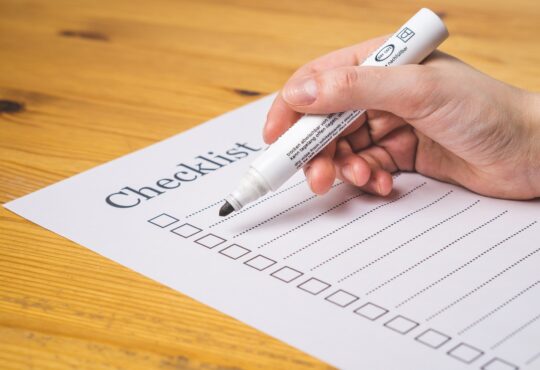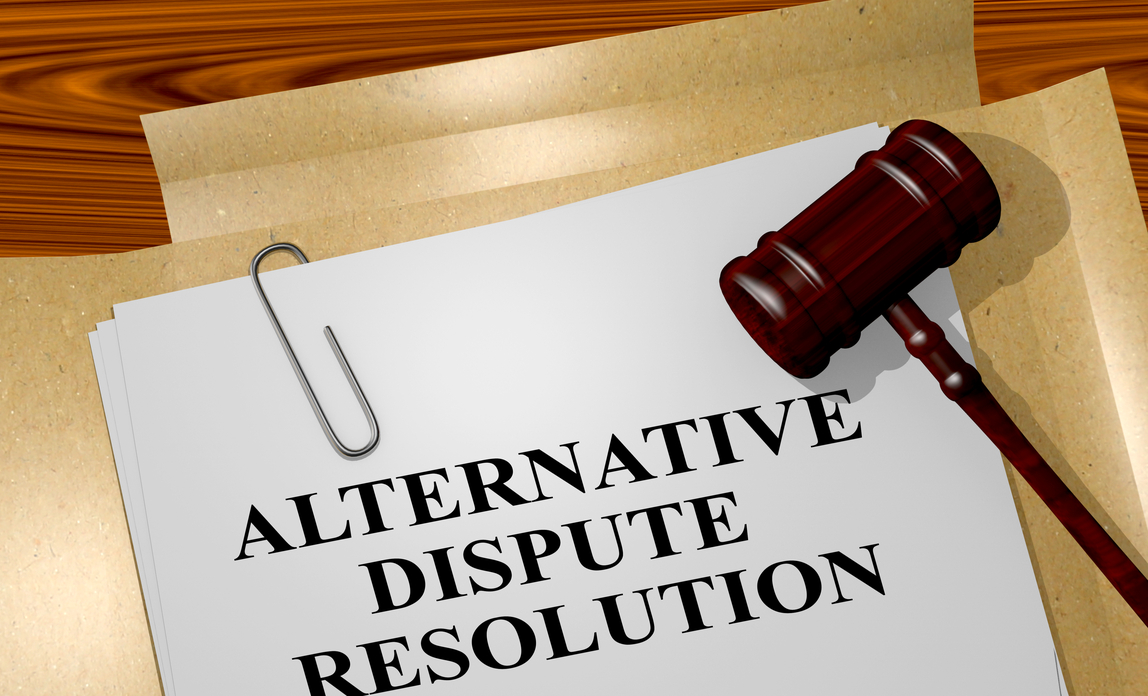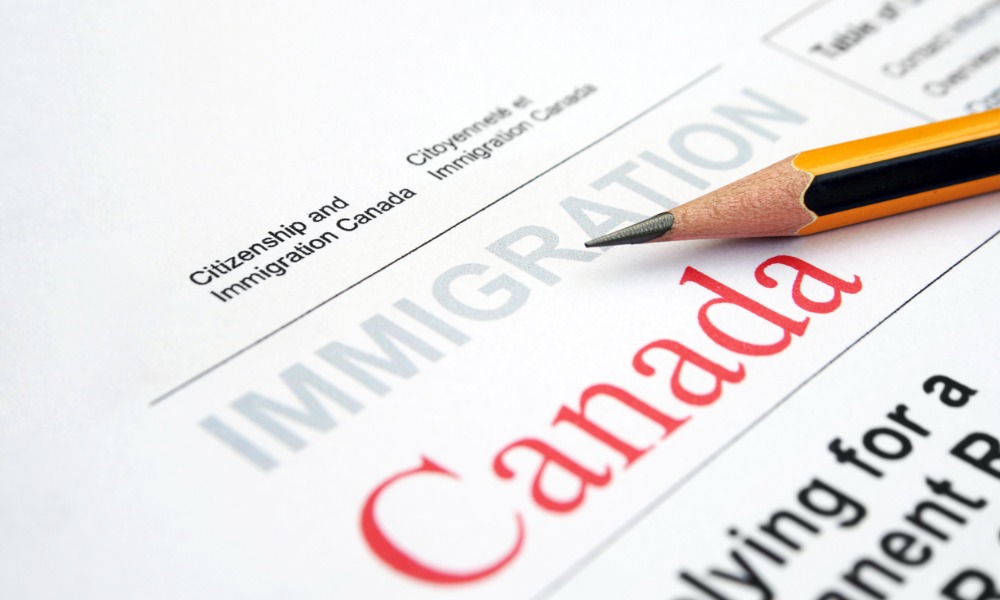
Being arrested is a stressful and potentially life-changing experience. Whether it happens unexpectedly or during an ongoing investigation, it’s essential to understand your legal rights and how to respond appropriately. This guide outlines what to do if you’re arrested in New Jersey, what rights you have, and how to protect your future.
Step 1: Stay Calm and Composed
If you’re approached by police or arrested, the most important thing to remember is to stay calm. Resisting arrest or arguing can escalate the situation and potentially result in additional charges. Stay respectful, even if you believe the arrest is unjust.
Step 2: Know Your Rights
Under the U.S. Constitution and New Jersey law, you have specific rights when you’re arrested:
- Right to remain silent: You are not required to answer police questions (except basic ID information).
- Right to an attorney: You can request a lawyer at any time. Once you ask for an attorney, police must stop questioning you.
- Right to know the charges: You must be informed of the reason for your arrest.
- Right to be free from unreasonable searches: Law enforcement needs a warrant or probable cause to search your belongings, home, or vehicle (with some exceptions).
Do not waive your rights. Politely say, “I am invoking my right to remain silent and would like to speak to an attorney.”
Step 3: Do Not Make Statements Without a Lawyer Present
Many people make the mistake of talking to police in hopes of explaining or clearing up the situation. Unfortunately, anything you say can and will be used against you. Even seemingly harmless statements can be twisted. Always consult with your attorney before speaking.
Step 4: Request a Lawyer Immediately
The sooner you involve a criminal defense attorney, the better. Your lawyer can:
- Advise you during police questioning
- Represent you at arraignment or bail hearings
- Begin investigating your case and preserving evidence
- Communicate with prosecutors on your behalf
If you can’t afford an attorney, the court will appoint a public defender.
Step 5: Understand the Booking and Bail Process
After arrest, you will be taken to a local police station for booking (fingerprinting, photographing, and processing). Depending on the charge and your background, you may be eligible for release on your own recognizance, or the judge may set bail. In some cases, a pretrial detention hearing will be held to decide if you must remain in custody.
Step 6: Do Not Discuss Your Case
Avoid discussing your arrest or charges with anyone besides your lawyer, including friends, family, or cellmates. Conversations can be monitored or used in court. Also, avoid posting anything about your arrest on social media.
Step 7: Prepare for Court
Once released, you’ll be given a court date. It’s critical to show up on time and dressed appropriately. Your lawyer will walk you through the steps, including:
- Arraignment (entering a plea)
- Pretrial hearings
- Negotiations with the prosecution
- Trial preparation if needed
Your active cooperation and good conduct can positively impact your case.
Final Thoughts
Being arrested is intimidating, but knowing your rights can help you make smart decisions. The most important steps are to stay silent, ask for a lawyer, and avoid self-incrimination. The sooner you get legal representation, the better your chances of achieving a favorable outcome.
If you or a loved one has been arrested in New Jersey, contact an experienced criminal defense attorney as soon as possible. They can help guide you through the process and protect your rights from day one. We recommend criminal defense attorney jersey city.








